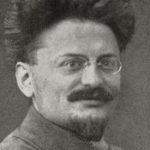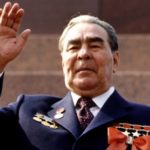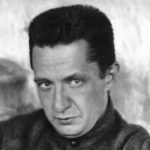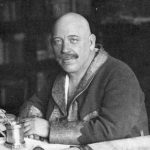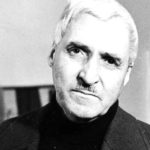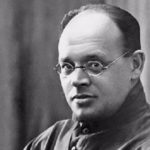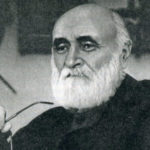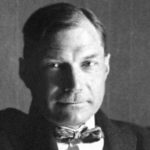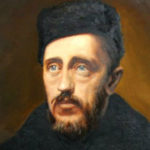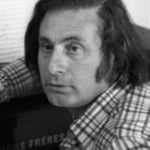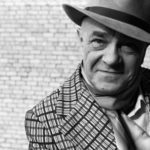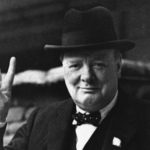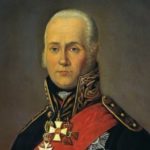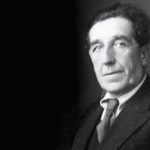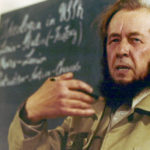Interesting facts from the life of Molotov
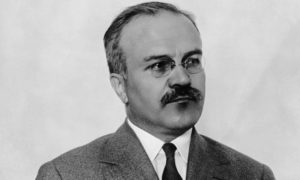 Soviet politician and revolutionary Vyacheslav Molotov was a very interesting figure. He went down in history as a successful diplomat and as a person who had a hand in the implementation of the October Revolution. You can relate to Molotov’s political career and the decisions he made in different ways, but he really was an extraordinary person.
Soviet politician and revolutionary Vyacheslav Molotov was a very interesting figure. He went down in history as a successful diplomat and as a person who had a hand in the implementation of the October Revolution. You can relate to Molotov’s political career and the decisions he made in different ways, but he really was an extraordinary person.
The real surname of Vyacheslav Molotov is Scriabin.
Molotov cocktail called Molotov cocktails began after the war between the USSR and Finland in 1939. Then Molotov said that Soviet aircraft did not bomb Finnish territory, but dumped humanitarian aid — baskets of bread. In response, the Finns dubbed the incendiary projectiles used by them against Soviet tanks, Molotov cocktails. And later the word “for” was simply lost.
In 1942 the song “No, Molotov”, which became popular for several years, was written in Finland, making fun of the USSR’s attempts to occupy this country.
He was one of the very few who called Stalin on “you”.
In his youth, Vyacheslav Molotov was fond of poetry and wrote poems himself.
In pre-revolutionary times, when he was exiled to Vologda, the future politician played mandolin in restaurants in order to earn money for a living.
All his life he loved to read. Considering this lesson to be very useful in all respects, he devoted five to six hours a day to books.
Already being the Minister of Foreign Affairs of the USSR and in general an important political figure, Molotov always carried with him a loaded revolver, and before bedtime he put him under his pillow. As he himself said, this habit has remained with him since pre-revolutionary times.
The wife and relatives of the wife of Vyacheslav Molotov in 1948 were repressed by order of Stalin. All of them were sent to the link. Five years later, after the death of the leader, they were released by Lawrence Beria.
Expelled from the Communist Party in the 50s, Molotov was restored to it only in 1984, when he was already 84 years old.
Throughout his life, even as an older man, he would get up at half past six in the morning and do extensive physical exercises.
Molotov said he wanted to live to be a hundred years old. Alas, he did not succeed – he died at the age of 96.
When he was People’s Commissar of the USSR, Molotov signed 372 death lists. It is not surprising that the love of the people did not add to it.
Even after he fell into disgrace with Stalin, he continued to consider him to be his friend. Many years after Stalin’s death, Molotov continued to speak respectfully of him and defend his political ideas.
When Germany attacked the USSR, it was Molotov, not Stalin, who spoke on the radio about the beginning of the war.
After the end of the Second World War, he actively supported the creation of the Israeli state.
The cities of Perm, Nolinsk and Severodvinsk were for some time named after Molotov. After he lost his position in the political apparatus of the USSR and actually became persona non grata, they were renamed again.

